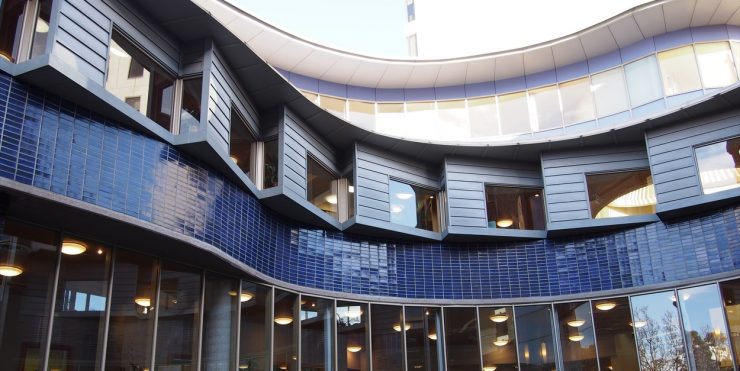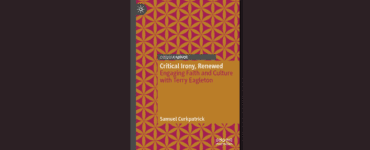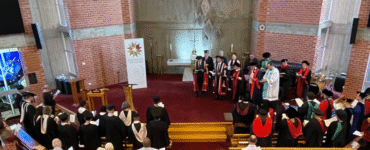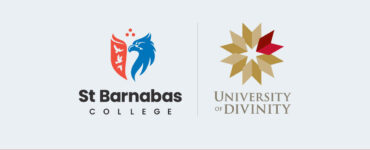This article is republished with permission from OCLC. Read the original here.
Along with 15 other libraries, the Mannix Library in East Melbourne, Victoria, Australia, serves the faculty, staff, and students at Catholic Theological College and the wider University of Divinity community. Historically, these libraries each had their own library management systems (LMSs), requiring duplicate work and incompatible workflows. Kerrie Burn, Library Manager, wanted to upgrade to a system that, in her words, “… could enable multiple libraries to share the same system, streamline processes, and provide better experiences for library staff, students, and researchers.”
WorldShare® Management Services (WMS) provided a holistic solution that simplified access and enriched the user experience across several libraries in the system. It also functionally aligned with the university’s vision for increased integration and collaboration. In addition, improved library cooperation was explicitly built into the relationship between the libraries and OCLC. According to Kerrie, “OCLC provided us with an integrated solution that incorporated all standard LMS functionality, as well as a discovery layer, authentication system, and ability to showcase digital collections. OCLC’s level of standards compliance and its integration with Libraries Australia were also important factors in our decision.”
“Our students love the new WMS discovery layer, our faculty likes the increased visibility of our collections on WorldCat, and our special collections staff appreciate the ability to use IIIF on our own webpages with output from CONTENTdm®.”
Based on previous projects, Kerrie’s team went into implementation with confidence. “We had regular meetings with OCLC staff and staff from all libraries,” she said, “which meant we were all working together throughout the whole implementation process.” This positive working relationship had many benefits. Like how OCLC staff encouraged the different libraries involved to review their policies together during implementation. This resulted in decisions to increase consistency across the four libraries that initially switched to WMS, including adopting the same terminology for similar collections and approaching the project with the ultimate goal of creating a more consistent and streamlined user experience.
And once implemented, collective benefits emerged immediately. For example, all student data is now loaded once rather than multiple times for each library. Course reserves and item availability now work across all four participating libraries, providing a simple way to link library materials to the university’s learning management system. And because WMS is built on WorldCat®, users can find resources in additional local, state, national, and international institutions all in one place. Technical services staff at Mannix were also thrilled with the streamlining of statistics, including circulation data, COUNTER data for e-books and e-journals, and clustering of editions/formats for help with collection development.
While much of the implementation took place during COVID-19 restrictions, the ability to accomplish the project remotely was, in hindsight, a benefit. “We really enjoyed meeting, in person, with OCLC staff when it was possible,” Kerrie concluded. “But as we’re planning to get even more of our theological libraries on board with WMS, the ability to do as much of that work remotely will be a real timesaver.”







Add comment